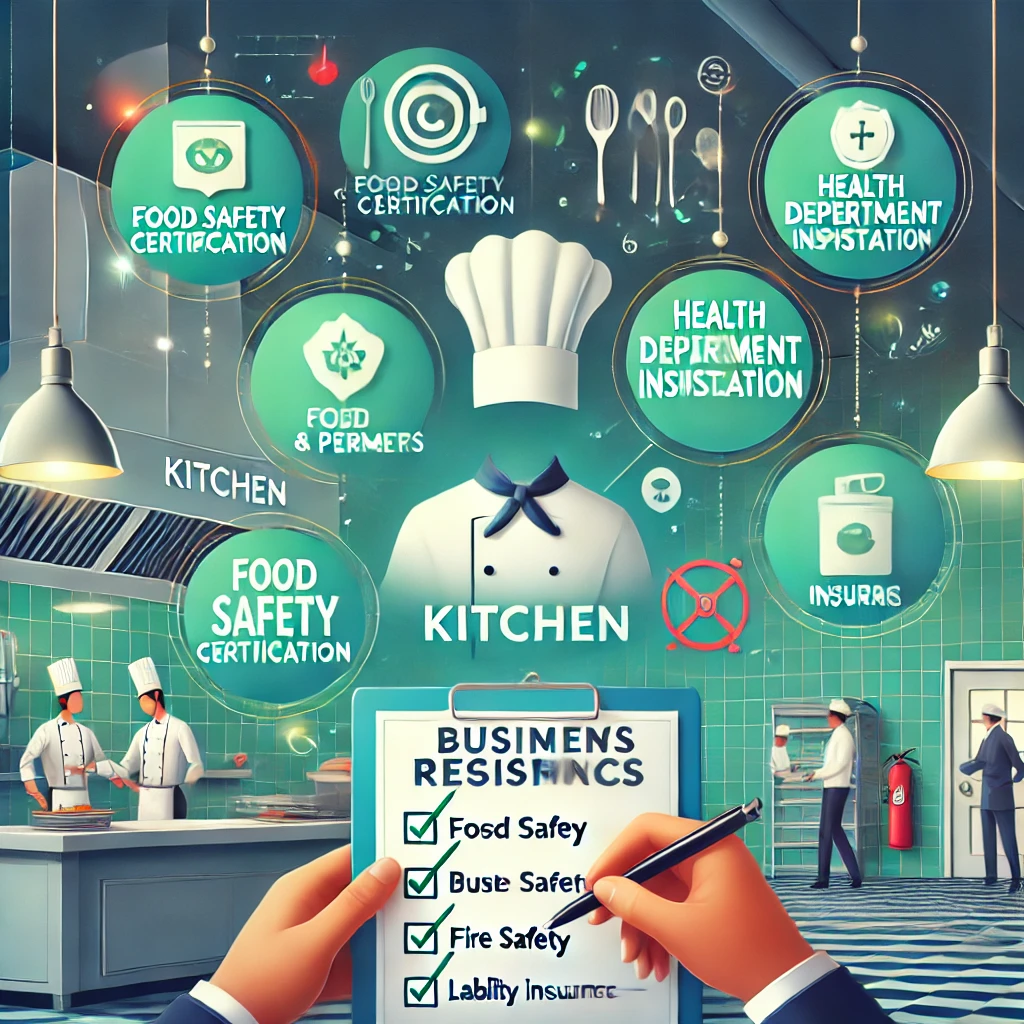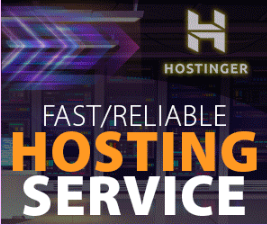Table of Contents
ToggleIntroduction
Starting a cloud kitchen business involves more than just setting up equipment and creating a menu. You’ll need to secure the appropriate licenses and permits to operate legally and comply with local health and safety regulations. This guide covers all the licenses required for cloud kitchens, including food handling permits, business registration, and zoning approvals.
1. Why Do Cloud Kitchens Need Licenses and Permits?
Licenses and permits are essential for cloud kitchens to ensure they operate legally and meet local health and safety standards.
- Health and Safety Compliance: Ensures your kitchen follows food handling and sanitation rules to protect public health.
- Build Customer Trust: Displaying relevant permits builds confidence with customers and delivery platforms.
- Avoid Legal Penalties: Failure to comply with regulations may result in fines, closures, or business disruptions.
2. Business Registration and Tax Identification
Every business, including cloud kitchens, must be registered and recognized by local authorities.
- Business License: Register your kitchen as a sole proprietorship, LLC, or corporation based on your business needs.
- Tax Identification Number (TIN): Required for filing taxes and reporting earnings.
- Cost: Registration fees vary from $50 to $300, depending on location.
3. Food Handling Permits and Certifications
Food handling permits ensure your kitchen staff follows proper food safety practices.
- Food Handler Permit: All employees involved in food preparation must obtain a food handler certification.
- ServSafe Certification: A common certification in the U.S., covering food handling, storage, and safety practices.
- Cost: $50-$200 per certification, based on the course and location.
4. Health Department Permit
Your cloud kitchen must pass a health inspection to operate legally.
- Pre-Opening Inspection: Health inspectors will assess your kitchen to ensure it meets sanitation standards.
- Ongoing Inspections: Regular follow-up inspections help maintain compliance.
- Cost: Health permits typically cost $100-$500, depending on the kitchen size and location.
5. Fire Safety Certificate
A fire safety certificate ensures your kitchen complies with fire prevention regulations.
- Fire Department Approval: Install fire alarms, extinguishers, and emergency exits as required.
- Regular Fire Safety Inspections: Fire authorities may conduct scheduled inspections to verify compliance.
- Cost: Certification typically ranges from $100 to $300.
6. Zoning and Building Permits
Zoning and building permits confirm that your kitchen is located in a commercially approved area.
- Zoning Permit: Ensure the kitchen operates in areas designated for commercial use.
- Building Permits: Required for any renovations or installation of new equipment.
- Cost: $500-$2,000 depending on the complexity of modifications.
7. Food Delivery and Packaging Compliance
Cloud kitchens need to follow specific delivery and packaging regulations.
- Food-Safe Packaging: Use materials approved for direct food contact to avoid contamination.
- Labeling Requirements: Include ingredients, allergens, and expiration dates on packaging.
- Compliance with Delivery Apps: Delivery platforms may require proof of compliance before listing your kitchen.
8. Liability Insurance for Cloud Kitchens
Insurance protects your business from unexpected accidents and claims.
- General Liability Insurance: Covers accidents like customer injuries or delivery mishaps.
- Product Liability Insurance: Provides coverage in case of food safety issues or product recalls.
- Cost: Insurance premiums range from $300 to $1,500 annually, depending on coverage.
9. Alcohol License (If Applicable)
If your kitchen offers alcoholic beverages with delivery orders, an alcohol license is required.
- Liquor License Requirements: Each state or region has its own rules for alcohol sales.
- Cost: Alcohol licenses typically range between $300 and $1,500, depending on the location and type of service.
Conclusion
Launching a cloud kitchen business requires securing several licenses and permits to operate legally and safely. Key requirements include food handling permits, health department certifications, fire safety approvals, and liability insurance. By complying with these regulations, you not only avoid fines and legal issues but also build trust with customers and delivery platforms. Plan ahead to ensure you have the necessary documentation in place before opening your kitchen.



